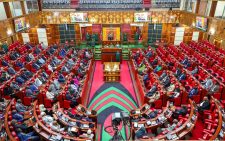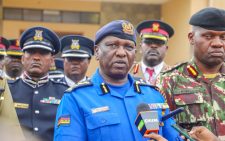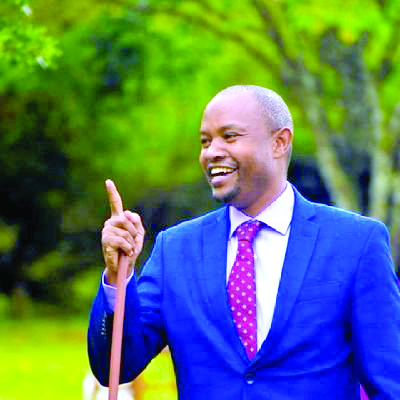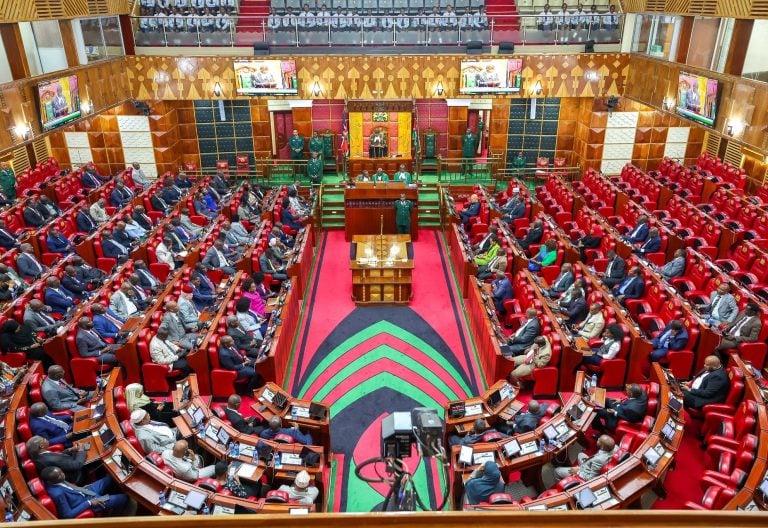Election is done, let’s turn focus on delivery
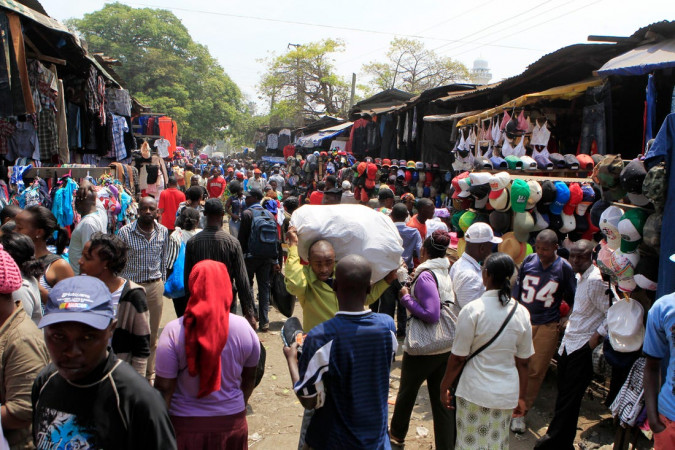
This election has consumed the energies of many of Kenyans for the past two years. It is only natural for citizens to be feeling tired, burned out and disappointed with political debates. In reality, however, the more difficult job begins now.
It is important for citizens to remember that their civic duty does not end at the ballot box. Now is when wananchi begin the next and even more important phase — holding politicians accountable for their promises.
Last month’s tight presidential race pointed to a huge number of voters leaning on both sides of the divide, not to mention a large swathe that did not find a good reason to vote. All that notwithstanding, Kenyans need to continue to make their voices heard, hold elected leaders accountable and press on with issues that are important to all citizens. The people also have the collective power to hold the government and elected leaders accountable for the decisions they make. They should also help the leaders by setting the agenda of the issues they want tackled.
The existence of a robust Opposition, both as an alternative government and as a critic of the party in power is a significant feature of democratic systems. Although the idea of “opposition” is not provided for in the Constitution, the idea of checks and balances through the minority leader of the House ought to be guarded and nurtured.
The legislators outside government need to focus on ensuring that there will be a unified strong and critical voice in Parliament that can effectively call out the government when its leaders betray the promises they made during the campaigns.
On the broader canvas, voters must be able to influence the shape of the government, either by altering the coalition of parties in power or by throwing out-of-office nonperforming parties. Well-designed electoral systems facilitate both of these objectives. They just need citizenship that is proactive and self-empowered.
People have their reasons for voting for a particular individual or party and the roles of the governing party are clear-cut. However, the role of the opposition is not to oppose every idea but to make propositions that improve governance and service delivery. Opposition parties ought to criticise constructively, and where they don’t, they risk compromising the democratic ideals they are meant to protect. Hence the need for them to play their rightful role, without fear that the regions they represent will be marginalised.
